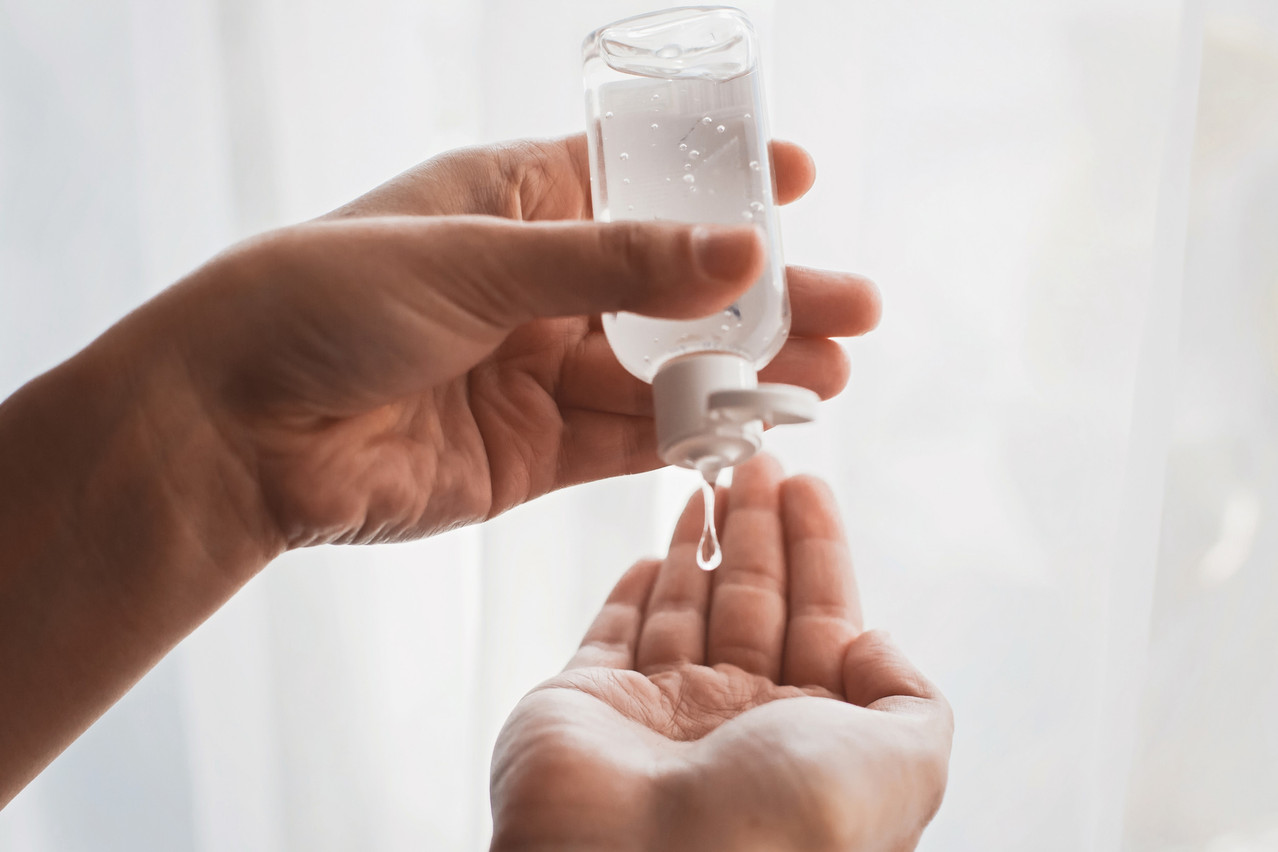In the context of the pandemic, the administration particularly focused on checking the quality of disinfectants sold in the grand duchy. 67 inspections were conducted at 46 businesses based in the country. The majority of products didn’t pass examination, as they, for example, infringed on the terms of the transitional national registration scheme for biocidal products. Other cases related to the distribution of unauthorised biocidal products, incorrect labelling and the presence of illegal substances in the disinfectants.
In total, 114 of 185 checks conducted in retail outlets were non-compliant. All 64 checks carried out at online shops revealed infringements, as did 22 of the 24 check-ups following a complaint. Only follow-ups showed a slight majority of compliant items, with 69 of the 128 check-ups passing the tests.
Ultimately, 25 administrative fines, totalling €61,000 were imposed.
This only represents , where three quarters of disinfectants had failed the check. At the time, ten fines--€25,000 in total--were slapped on distributors.
Over 9% of sampled sports material unsafe
The chemical substances and products unit (USCP) of the administration in 2020 controlled 481 products of which 401 were disinfectants, 78 products containing volatile organic compounds--25 of which non-compliant--and 2 batteries, of which one did not follow regulations.
Over the 12-month period, 61 sales outlets and 53 businesses were controlled by the unit, which samples products in the entire distribution chain, including online shops. Its aim is, according to the report, to protect the environment and citizens’ health.
Of 44 sports-related products tested, 4 (9.1%) did not comply to regulation either.
Following the report, the administration also revealed that products containing diisocyanates--which are found in polyurethane insulating foams, sealants and coatings, would also be regulated more strictly. The handling of products containing more than 0.1% of diisocyanates in weight will from August 2023 have to be preceded by specific training.
